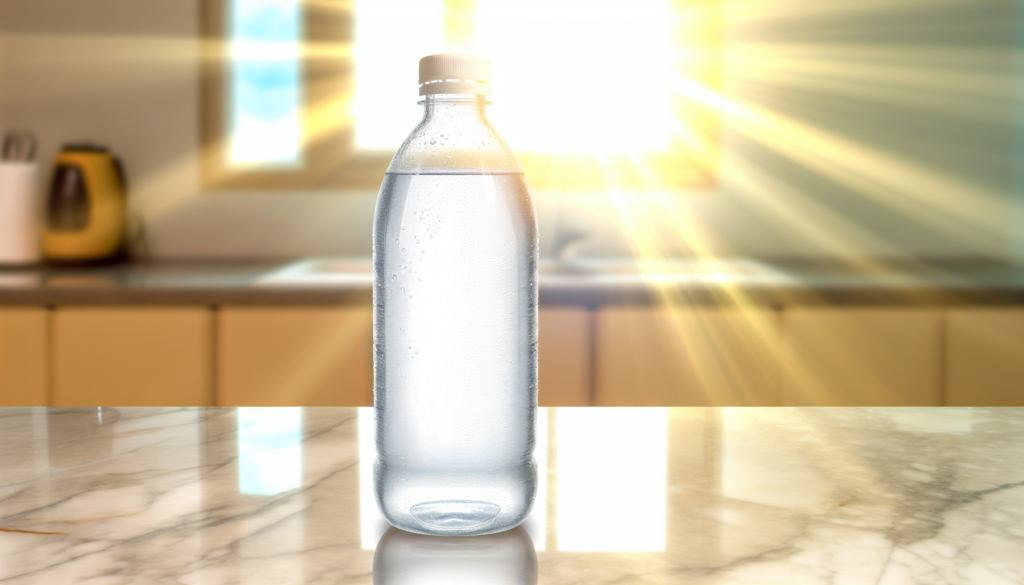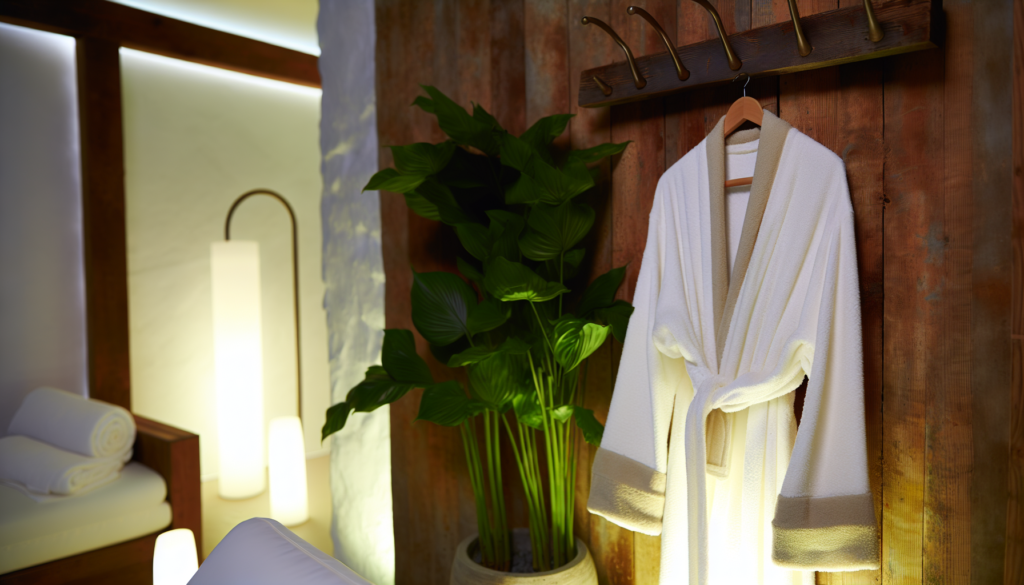When you have oily skin, it can feel like a never-ending battle against shine, breakouts, and clogged pores. But here’s the truth—your skin isn’t the enemy. It just needs the right care. The good news? A consistent, natural skincare routine can help manage oil production and keep acne under control without stripping your skin of its natural balance. If you’re tired of harsh chemicals and want to embrace a more gentle approach, you’re in the right place. Let’s talk about what really works for oily skin and how you can nurture it the right way.
Start with a Gentle Cleanser
A proper cleansing routine is the foundation of healthy skin. Oily skin tends to attract more dirt, dust, and buildup, leading to clogged pores and breakouts. Look for a sulfate-free, plant-based cleanser that removes excess oil without drying out your skin.
A good choice is a mild cleanser with ingredients like:
- Tea tree oil – A natural antibacterial that fights acne-causing bacteria.
- Honey – Helps retain moisture while killing germs.
- Aloe vera – Soothes inflammation and reduces redness.
Wash your face twice a day—no more, no less. Over-cleansing can strip your skin and make it produce even more oil, which is the last thing you want.
Exfoliate, but Don’t Overdo It
Exfoliating is a game-changer, but if you go overboard, you risk irritating your skin and triggering excess oil production. Stick to natural exfoliants like oatmeal, crushed almonds, or rice powder no more than two to three times a week.
If you prefer a leave-on exfoliator, try a mild chemical exfoliant with salicylic acid from willow bark. It penetrates deep into your pores, dissolving buildup and preventing clogged pores without the harsh side effects of some synthetic treatments.
Hydration is Key—Yes, Even for Oily Skin
One of the biggest mistakes people with oily skin make is skipping moisturizer. The logic seems sound—you already have extra oil, so why add more moisture? But here’s the catch: dehydrated skin produces even more oil to compensate.
Go for a lightweight, non-comedogenic moisturizer with ingredients like:
- Hyaluronic acid – Hydrates without feeling greasy.
- Green tea extract – Helps reduce inflammation and control oil.
- Jojoba oil – Mimics your skin’s natural oils, helping to balance production.
Applying moisturizer daily will keep your skin from panicking and overproducing oil.
The Power of a Natural Toner
Toners can help refine pores and remove excess oil, but store-bought ones are often packed with alcohol, which dries out your skin and makes things worse. Instead, try natural alternatives like witch hazel or rose water.
Witch hazel acts as a natural astringent that keeps oil levels in check, while rose water soothes irritation and refreshes the skin. Just dab some onto a cotton pad and swipe it over your face after cleansing.
Face Masks That Work Wonders
Adding a mask to your routine once or twice a week can help absorb excess oil and prevent breakouts. Here are a few natural masks worth trying:
- Clay mask – Bentonite and kaolin clay absorb oil and unclog pores.
- Charcoal mask – Pulls out impurities and detoxifies the skin.
- Honey and turmeric – Fights acne while soothing inflammation.
Leave the mask on for about 15 minutes, then rinse with warm water.
Sunscreen—No, It Won’t Make You Greasier
Skipping sunscreen is a huge mistake. The sun can damage your skin, increase oiliness, and worsen hyperpigmentation from previous breakouts. The key is to use a lightweight, oil-free SPF that won’t clog your pores.
Look for one that contains zinc oxide or titanium dioxide. These are mineral-based sunscreens that protect your skin without triggering breakouts.
Keep Your Hands Off Your Face
It’s easy to touch your face throughout the day without even thinking about it. But your hands carry bacteria and sweat, which can make oily skin worse. If you find yourself frequently touching your face, try to be more mindful—it’s a small habit that makes a big difference.
Be Patient and Stay Consistent
Natural skincare isn’t about overnight miracles—it’s about giving your skin the nutrients and care it needs to heal and regulate itself over time. Stick with your routine for at least a few weeks before expecting to see changes.
By embracing a gentle, consistent approach, your acne-prone skin will start to feel more balanced, less reactive, and ultimately healthier. Trust the process, and remember that healthy skin isn’t about being completely oil-free—it’s about maintaining balance. Keep at it, and your natural skin care routine will start paying off in ways you never expected.







